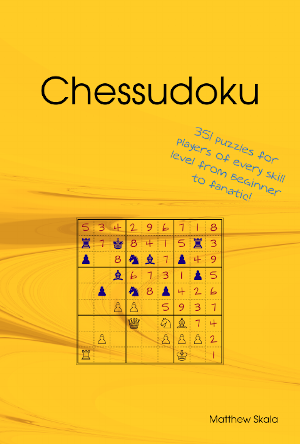[Tag search]
Sunday 7 March 2021, 14:39
I don't remember exactly when I made a specific decision to start serious
anti-COVID precautions, but it was very close to one year ago today. I work
from home and I don't take all that many trips elsewhere anyway, so it's hard
to say that a given day is exactly when I started "staying home" if I
normally wouldn't have gone out the day before or after it anyway. I
started keeping a near-daily journal on March 10. Here are some notes,
going month by month.
Sunday 2 August 2020, 18:33
The word "reckoning" came up a lot in discussions of the COVID-19
pandemic, especially early on as the world just started to realize the scale
of the problem. I've seen a lot of people grimly commenting that "there
will be a reckoning for this" in response to things like media dismissal of
early warnings, followed by later media endorsement of exactly the positions
they had earlier mocked. I've made such comments myself. It's human nature
to hope for a reckoning, but at this point I don't think it's rational to
expect one.
Monday 17 December 2018, 03:00
This is the final part of a three-part series on the cognitive deficit in
hypothetical thinking: some people seem unable to handle thinking about a
difference between what is real and what is imagined.
Wednesday 12 December 2018, 21:01
This is the second part of a three-part series on the cognitive deficit
in hypothetical thinking: some people seem unable to handle thinking about
a difference between what is real and what is imagined. In the first part,
I discussed this deficit as an abstraction. In this second part, I'll look
at some legal and political examples.
Monday 10 December 2018, 03:00
In The
World As If, Sarah Perry gives "an account of how magical thinking made
us modern." She discusses how to define "magical thinking" and suggests that
the diverse things to which people apply that label form "a collection of
stigmatized examples of a more general, and generally useful, cognitive
capacity." Namely, the capacity to entertain false, "not expected to be
proven," or otherwise not exactly true propositions as if they were
true.
Although magical thinking may often be called a behaviour of children
or of those in primitive cultures, what Perry calls the "as if" mode of
thought (I want to also include "what if") is in no way primitive. The view
that magical thinking is for children and the uneducated can and should be
inverted: mastery of hypothetical "as if" cognition is necessary
for functioning as an adult in a literate technological society, and
characteristic of the most sophisticated thinking human beings ever do.
Sunday 25 March 2018, 16:11
Sometimes I find myself on the receiving end of false accusations of
"straw man" argumentation, and it feels like this happens abnormally often
to me in particular. It's baffling because when it happens, it doesn't make
any sense.
Saturday 19 February 2011, 00:15
I don't think Wikipedia wants to save itself. But if they really wanted to, I know how they could do it.
